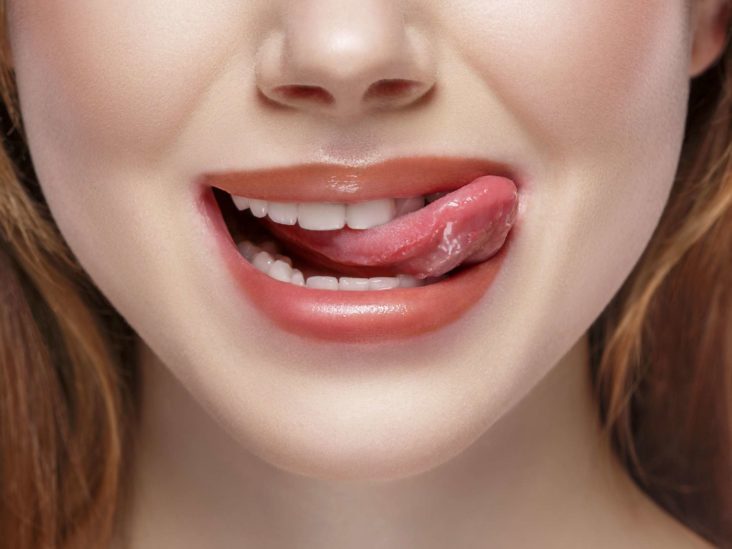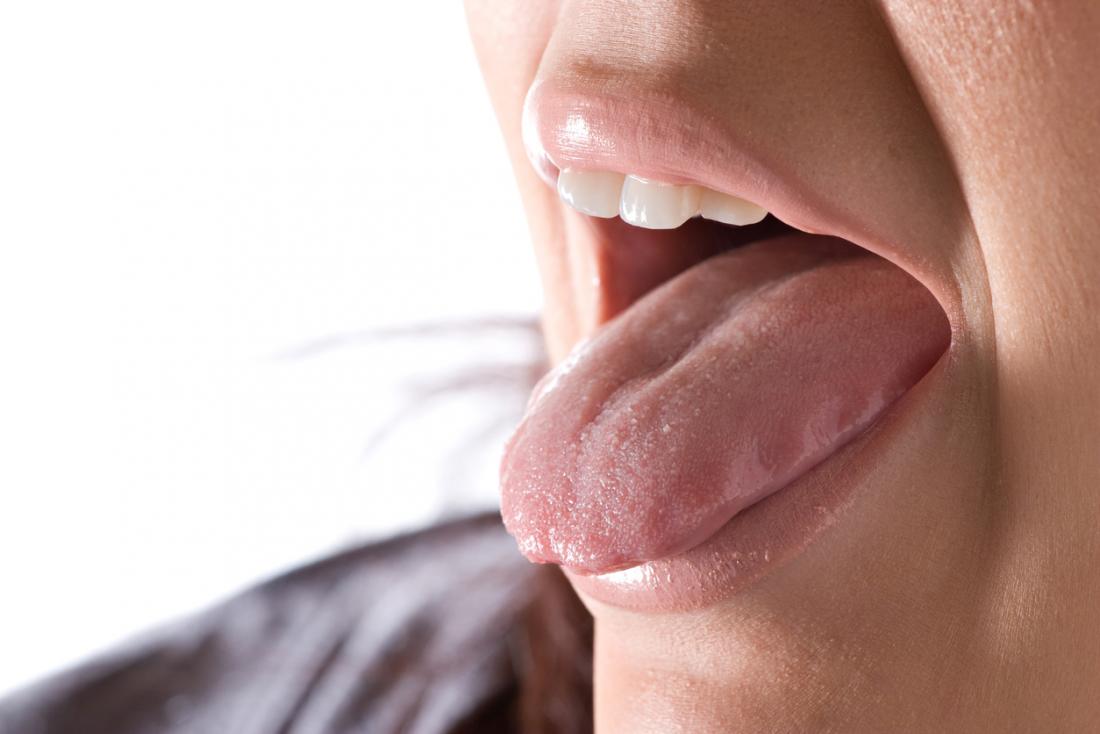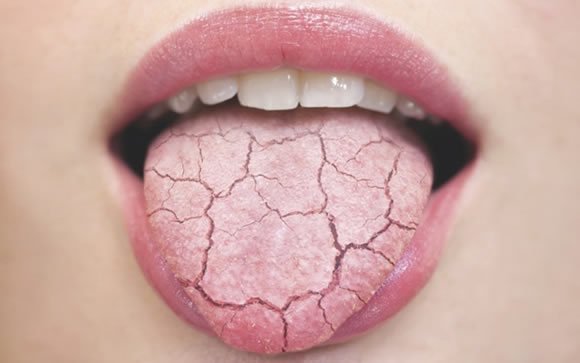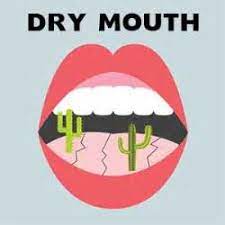cure for dry mouth and throat
how to cure dry mouth diabetes
Have you been feeling excessively dry mouth lately? You might be surprised to know that dry mouth is a common symptom of COVID-19. While the virus itself doesn't cause dry mouth, the treatments for it can. Dry mouth is caused by a decrease in saliva production. Saliva is important for keeping your mouth moist and healthy. It also helps to protect your teeth from cavities and gum disease. The most common treatment for COVID-19 is corticosteroids. These medications can help to reduce inflammation and improve breathing, but they can also decrease saliva production. Other treatments, such as anticholinergics and decongestants, can also contribute to dry mouth.

how to cure dry mouth after surgery
42. What Assists Dry Mouth.
cure for dry mouth when sleeping
Among the much less discussed yet extra uneasy signs of stress and anxiety is completely dry mouth. Individuals with anxiety can usually find themselves handling an extreme case of dry mouth, particularly when they relax to sleep. The medical name for this condition is xerostomia and it can trigger a good deal of discomfort. Dry mouth in the evening can be triggered by a variety of points, from medications to dehydration, but also for those with stress and anxiety, it's commonly brought on by something - racing thoughts.


cure for dry mouth at night
Have you ever chugged a whole bottle of water only to still feel thirsty? It's frustrating, isn't it? You might be wondering, "Why is my mouth dry even though I drink a lot of water?" The answer is actually pretty simple.
cure for dry mouth and throat
17. Extreme Dry Mouth.

cure for dry mouth and bad breath
Although dry mouth can be a nuisance, there are fortunately a number of ways to alleviate the symptoms. One of the simplest things you can do is to drink more water throughout the day. This will help to keep your mouth moist and will also help to prevent dehydration, which can worsen the symptoms of dry mouth. Another helpful tip is to avoid consuming caffeine and alcohol, as these beverages can contribute to dehydration. Chewing sugar-free gum or sucking on hard candy can also help to stimulate saliva production and relieve dry mouth symptoms. If these home remedies do not provide relief, there are also a number of over-the-counter products that can help, such as oral moisturizers and saliva substitutes. If you experience frequent or severe bouts of dry mouth, it is important to see your dentist or doctor, as the problem may be caused by an underlying medical condition. With proper treatment, dry mouth can be effectively managed.
Best Dry Mouth Mouthwash
• Sipping warm liquids such as herbal tea before bedtime.

How Can I Increase Saliva In My Mouth?
Sucking and chewing both encourage salivation.
Consider ice pops or ice cubes without sugar.
Gum without sugar or hard candies without sugar that contains xylitol.
Try drymouthpro oral rinse. It helps to increase saliva production.
What Foods Help With Dry Mouth?
Soft natural foods like soups, canned fruits, soft cooked/blended veggies like carrots or celery, mashed potatoes, soft-cooked pasta, oats, ice cream, pudding, and popsicles are other examples of soft foods that are beneficial for those with dry mouth.
How Do You Get Rid Of Dry Mouth?
To increase saliva production, chew sugar-free gum or savor sugar-free hard candies.
Reduce your caffeine intake because it can dry up your mouth.
Alcohol-containing mouthwashes should not be used as they can be drying.
If you chew tobacco or if you smoke, stop immediately.
Drink water frequently. Use DrymouthPro oral rinse, it is the most effective remedy.
How Do You Get Rid Of A Dry Mouth Overnight?
Treatments for Dry Mouth at Night
To add moisture to the air at night, use a humidifier.
To stay hydrated, sip lots of water throughout the day.
Use drymouthpro oral rinse. It is a moisturizing mouth mouthwash; stay away from alcohol-containing ones. Eat nothing spicy, acidic, or sweet before going to bed.
Is Dry Mouth A Serious Problem?
On its own, dry mouth is not a major medical condition.
However, it might occasionally be a sign of a different illness that needs medical attention.
Additionally, issues like tooth decay and ulcers in the mouth may result.
What Causes Dry Mouth All Of A Sudden?
Dry mouth may be caused by autoimmune disorders like Sjogren's syndrome or HIV/AIDS, as well as by ailments like diabetes, stroke, oral yeast infection (thrush), Alzheimer's disease, or other health conditions.
Additionally, mouth breathing and snoring can cause dry mouth.
Is Dry Mouth A Symptom Of Diabetes?
Dry mouth is a common symptom of high blood sugar in diabetics.
Sometimes the first obvious sign of diabetes is dry mouth.
Speak with your healthcare physician if you experience dry mouth and suspect you may have diabetes.
Can Stress And Anxiety Cause A Dry Mouth?
Stress can have a variety of physical effects on your body and raise your risk of acquiring a wide range of diseases, including dry mouth.
Dry mouth can result from stress and anxiety, according to the Journal of Dental Research, Dental Clinics, and Dental Prospects.
Does Lemon Water Help With Dry Mouth?
Lemon is a well-known natural treatment for dry mouth because of its citric acid concentration and tart flavor.
Will Dry Mouth Go Away?
Drink water: Drinking enough of water can keep you hydrated and ease dry mouth.
According to studies, dehydration may contribute to dry mouth.
Increased water consumption can aid in the treatment of mild dehydration.